EU to offer Serbia path to early membership
EU leaders want to offer Serbia “a faster path to EU membership”, according to a draft conclusion from their meeting.
Friday, 14.12.2007.
09:19

EU leaders want to offer Serbia “a faster path to EU membership”, according to a draft conclusion from their meeting. For the first time, the EU is offering Serbia early membership, with the proviso that it must “proceed to settling Kosovo’s status”, as the “status quo is untenable.” EU to offer Serbia path to early membership In a new version of the Brussels summit’s draft conclusion, seen by Beta, it has been added that EU leaders “are certain that (Serbia’s) progress to the EU, including candidate status, must be accelerated.” European leaders have expressed this view “in the light of Serbia’s considerable institutional capabilities,” and urge Belgrade to meet all the conditions for signing the Stabilization and Association Agreement with the EU. “The Council of Europe feels that a peace-loving, progressive Serbia is vital for the region’s stability,” it is stated. The EU is certain that progress towards membership, including candidate status, can be speeded up, it is stressed in the draft document due to be adopted in Brussels today. European leaders and the EU government will attempt to agree on a united position on the question of Kosovo’s future status. Reuters reports that, according to a draft common statement, EU leaders will voice the opinion that the status quo is untenable. They will call on the UN and the authorities in Belgrade and Pristina to find a solution, and withhold from the use of force. While the UK, Germany and France favor a recognition of supervised independence, thus far Spain, Cyprus, Greece, Slovakia and Romania have expressed their concern that such a decision could encourage separatist movements throughout the world. Swedish Prime Minister Fredrik Reinfeldt said on the eve of the Brussels summit that he expected Kosovo’s status to be settled following the Serbian presidential elections on January 20, and called for unity within the EU. Meanwhile, Luxembourg’s Prime Minister Jean-Claude Juncker emphasized that it was important to “retain Russia as a partner.“ The Slovenian Prime Minister Janez Jansa, whose country will assume the EU presidency in January, said on Thursday that the leaders in Brussels would “first of all establish the situation“ regarding the status settlement process, adding that they would not adopt any “final decisions.“ Jose Manuel Barroso, Jose Socrates, Luis Amado (Beta) EU leaders agree on Kosovo mission - French president French President Nicolas Sarkozy said Friday that European Union leaders agreed at their summit in Brussels on the principle of sending a civilian mission to Kosovo, and expressed his conviction that a declaration of independence of the province is inevitable. "Serbia can be integrated in the EU only if it meets the requests of the international community and arrests war criminals and respects Kosovo independence," he told the press after the summit, news agencies reported. Meanwhile, Romania has announced it will not recognize Kosovo's unilaterally recognized independence. "Based on the principle of territorial integrity and inviolability [of borders], we cannot recognize Kosovo's unilateral declaration of independence," Romania's President Traia Basescu told reporters at the European Union summit, the AP reports. Another EU country firmly opposed to this outcome of the Kosovo status crisis, Cyprus, reiterated its objections in Brussels today, both regarding Kosovo's independence and the sending of an EU police and judiciary mission to the province, and described them as contrary to the UN Security Council Resolution 1244. "Cyprus will not recognize unilateral declaration of Kosovo independence," Cypriot President Tassos Papadopoulos said said, adding that the issue of the provinces' status must be resolved in the UN SC. "Cyprus believes that there is still space for agreement," Papadopoulos said. Asked by Tanjug whether the Resolution 1244 constitutes the basis for sending an EU police and judiciary mission to Kosovo, as claimed by some countries advocating independence, Papadopoulos said that the resolution in question "cannot cover an EU mission" and that only the UN SC can interpret its resolutions. "The EU heads of state agreed Friday to send a mission to Kosovo, but not on the legal basis for that decision, leaving it up to the EU Council of Ministers to take a final decision in February," he said. Sending a mission must be legally founded, Papadopoulos said, emphasizing that "several EU member states agreed with Cyprus". As for Poland, its representatives in Brussels today said that Warsaw "should be reserved towards the independence of Kosovo because this is an exceptionally difficult issue and because it is necessary to avoid a scenario that could cause new conflicts in the Balkans" This statement came from Stanislav Novak, in charge of political affairs in the cabinet of Polish Prime Minister Donald Tusk. "Poland should be reserved ... This is a very complicated issue and, before such an important decision is made, we need to consider all possible scenarios and to avoid a solution that would result in a conflict," Novak said on the fringes of the summit of the EU heads of state or government in Brussels. Asked whether such a position is the result of "Warsaw's closer ties with Moscow", Novak was quoted as saying that "Poland does not need additional problems in relations with Russia".
EU to offer Serbia path to early membership
In a new version of the Brussels summit’s draft conclusion, seen by Beta, it has been added that EU leaders “are certain that (Serbia’s) progress to the EU, including candidate status, must be accelerated.”European leaders have expressed this view “in the light of Serbia’s considerable institutional capabilities,” and urge Belgrade to meet all the conditions for signing the Stabilization and Association Agreement with the EU.
“The Council of Europe feels that a peace-loving, progressive Serbia is vital for the region’s stability,” it is stated.
The EU is certain that progress towards membership, including candidate status, can be speeded up, it is stressed in the draft document due to be adopted in Brussels today.
European leaders and the EU government will attempt to agree on a united position on the question of Kosovo’s future status.
Reuters reports that, according to a draft common statement, EU leaders will voice the opinion that the status quo is untenable.
They will call on the UN and the authorities in Belgrade and Priština to find a solution, and withhold from the use of force.
While the UK, Germany and France favor a recognition of supervised independence, thus far Spain, Cyprus, Greece, Slovakia and Romania have expressed their concern that such a decision could encourage separatist movements throughout the world.
Swedish Prime Minister Fredrik Reinfeldt said on the eve of the Brussels summit that he expected Kosovo’s status to be settled following the Serbian presidential elections on January 20, and called for unity within the EU.
Meanwhile, Luxembourg’s Prime Minister Jean-Claude Juncker emphasized that it was important to “retain Russia as a partner.“
The Slovenian Prime Minister Janez Janša, whose country will assume the EU presidency in January, said on Thursday that the leaders in Brussels would “first of all establish the situation“ regarding the status settlement process, adding that they would not adopt any “final decisions.“
EU leaders agree on Kosovo mission - French president
French President Nicolas Sarkozy said Friday that European Union leaders agreed at their summit in Brussels on the principle of sending a civilian mission to Kosovo, and expressed his conviction that a declaration of independence of the province is inevitable."Serbia can be integrated in the EU only if it meets the requests of the international community and arrests war criminals and respects Kosovo independence," he told the press after the summit, news agencies reported.
Meanwhile, Romania has announced it will not recognize Kosovo's unilaterally recognized independence.
"Based on the principle of territorial integrity and inviolability [of borders], we cannot recognize Kosovo's unilateral declaration of independence," Romania's President Traia Basescu told reporters at the European Union summit, the AP reports.
Another EU country firmly opposed to this outcome of the Kosovo status crisis, Cyprus, reiterated its objections in Brussels today, both regarding Kosovo's independence and the sending of an EU police and judiciary mission to the province, and described them as contrary to the UN Security Council Resolution 1244.
"Cyprus will not recognize unilateral declaration of Kosovo independence," Cypriot President Tassos Papadopoulos said said, adding that the issue of the provinces' status must be resolved in the UN SC.
"Cyprus believes that there is still space for agreement," Papadopoulos said.
Asked by Tanjug whether the Resolution 1244 constitutes the basis for sending an EU police and judiciary mission to Kosovo, as claimed by some countries advocating independence, Papadopoulos said that the resolution in question "cannot cover an EU mission" and that only the UN SC can interpret its resolutions.
"The EU heads of state agreed Friday to send a mission to Kosovo, but not on the legal basis for that decision, leaving it up to the EU Council of Ministers to take a final decision in February," he said.
Sending a mission must be legally founded, Papadopoulos said, emphasizing that "several EU member states agreed with Cyprus".
As for Poland, its representatives in Brussels today said that Warsaw "should be reserved towards the independence of Kosovo because this is an exceptionally difficult issue and because it is necessary to avoid a scenario that could cause new conflicts in the Balkans"
This statement came from Stanislav Novak, in charge of political affairs in the cabinet of Polish Prime Minister Donald Tusk.
"Poland should be reserved ... This is a very complicated issue and, before such an important decision is made, we need to consider all possible scenarios and to avoid a solution that would result in a conflict," Novak said on the fringes of the summit of the EU heads of state or government in Brussels.
Asked whether such a position is the result of "Warsaw's closer ties with Moscow", Novak was quoted as saying that "Poland does not need additional problems in relations with Russia".











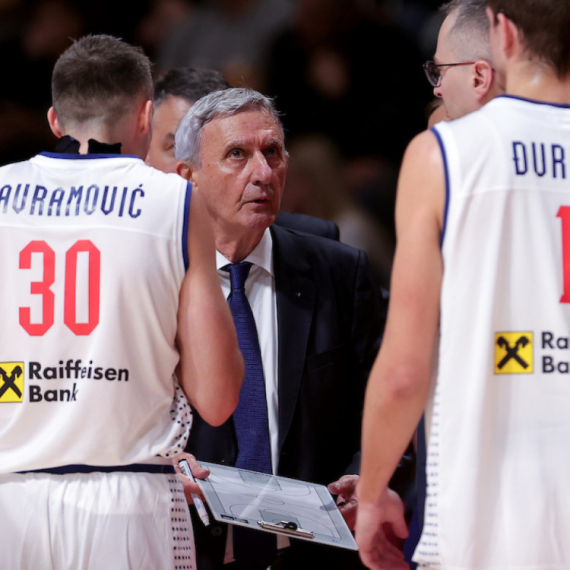



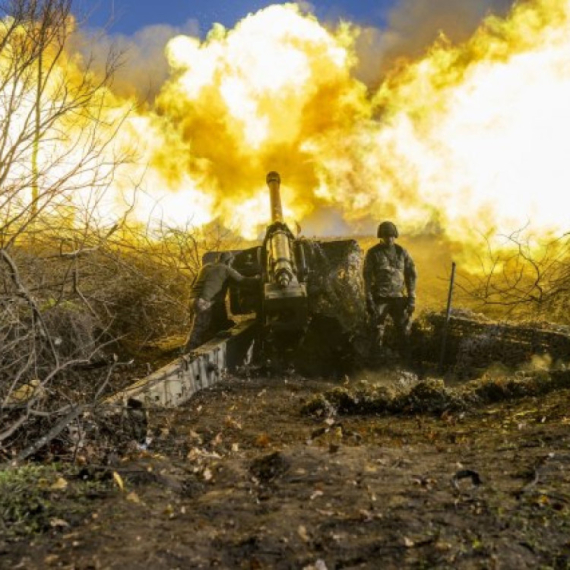
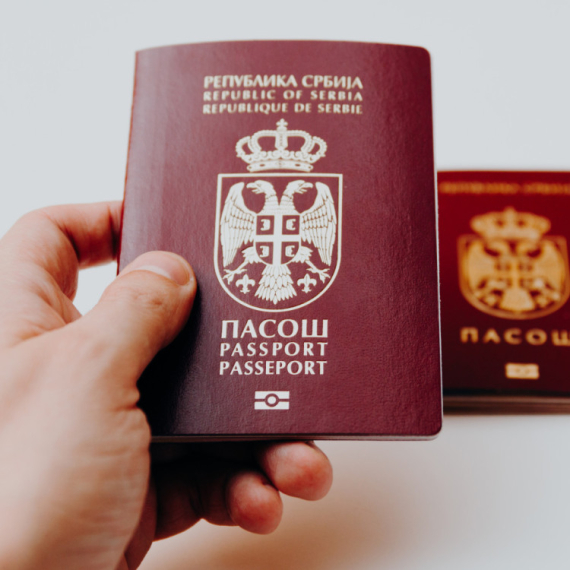
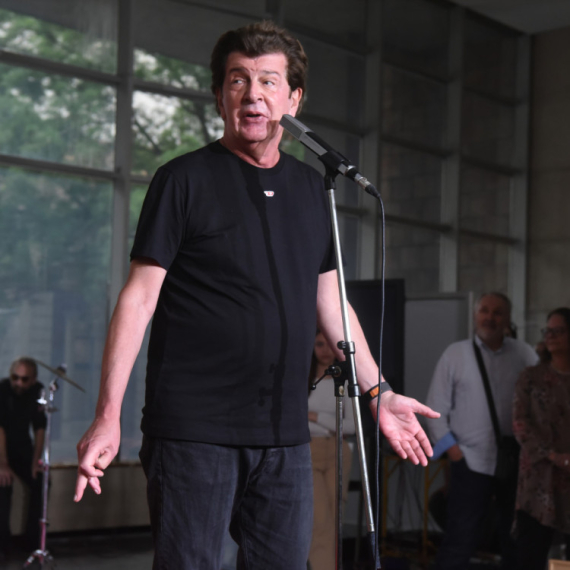


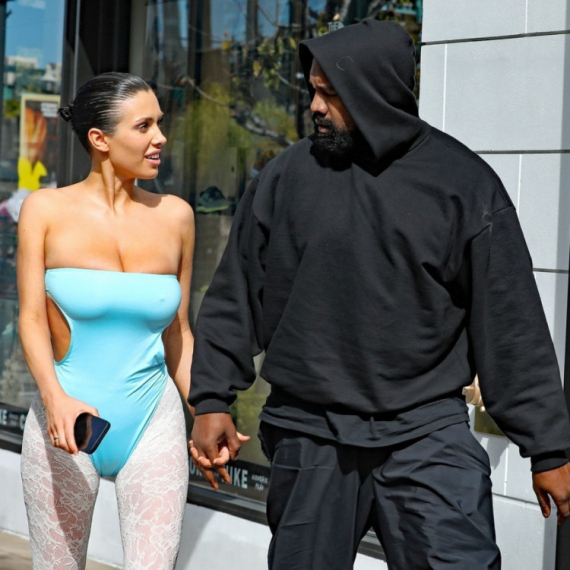




















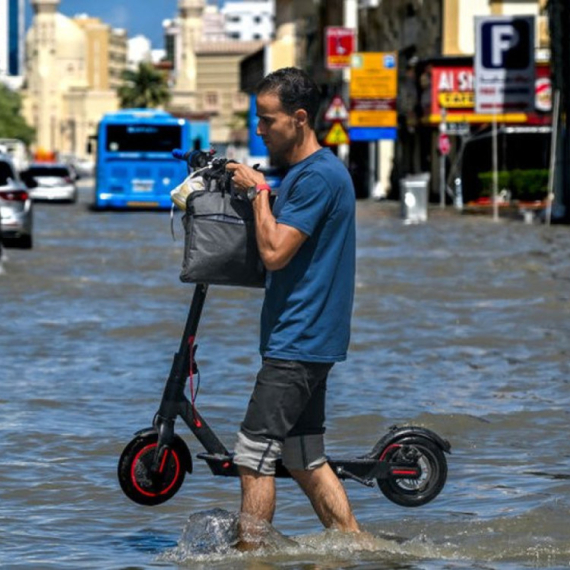
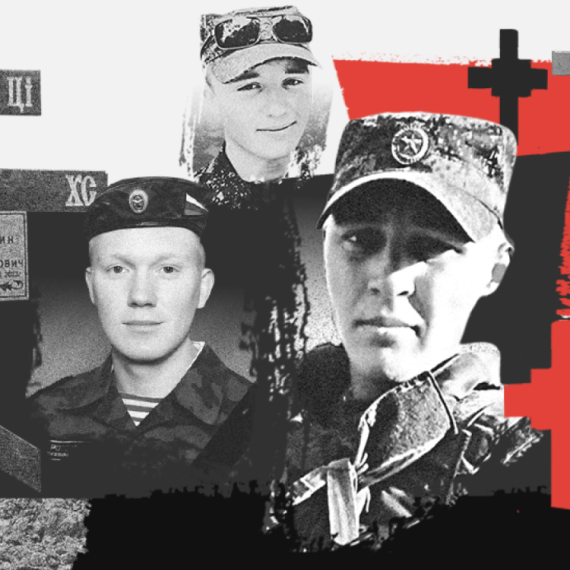

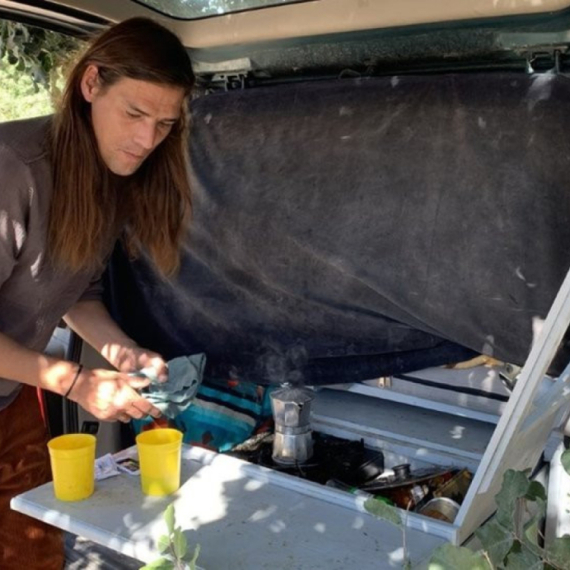
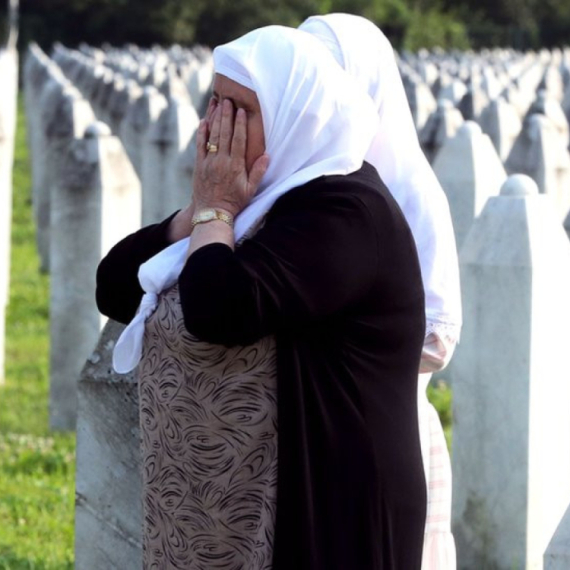

Komentari 36
Pogledaj komentare